Market Share
Drill Pipe Market Share Analysis
Market share positioning strategies in the drill pipe market encompass a variety of approaches adopted by companies to gain a competitive edge and establish a strong foothold in the industry. One prevalent strategy is differentiation, where companies strive to offer unique features or capabilities in their drill pipes that set them apart from competitors. This could involve incorporating innovative materials, such as high-strength alloys, or implementing advanced manufacturing techniques to enhance performance and durability. By differentiating their products, companies can appeal to specific customer needs and preferences, thereby capturing a larger share of the market.
Another key strategy is cost leadership, which involves offering drill pipes at lower prices compared to competitors while maintaining acceptable levels of quality. This approach requires companies to optimize their production processes, minimize overhead costs, and negotiate favorable deals with suppliers to achieve economies of scale. By undercutting competitors on price, companies can attract price-sensitive customers and gain market share, especially in price-driven segments of the market.
Furthermore, companies may pursue a niche market strategy by focusing on specific segments or applications within the drill pipe market. This could involve targeting industries with unique drilling requirements, such as offshore oil and gas exploration or geothermal energy production. By specializing in niche markets, companies can tailor their products and services to meet the specialized needs of customers, effectively differentiating themselves from broader competitors and capturing a significant share of these specialized segments.
Additionally, strategic partnerships and collaborations can play a crucial role in market share positioning within the drill pipe market. By forming alliances with other companies, such as drilling contractors or equipment manufacturers, companies can leverage each other's strengths and resources to penetrate new markets or expand their product offerings. Collaborations may involve joint product development initiatives, distribution agreements, or co-marketing efforts, allowing companies to access new customers and distribution channels more efficiently.
Moreover, effective branding and marketing strategies are essential for establishing a strong market position in the drill pipe industry. Companies must invest in building brand awareness, communicating the value proposition of their products, and cultivating a positive reputation among customers and stakeholders. This could involve participating in industry events and trade shows, sponsoring relevant publications or conferences, and leveraging digital marketing channels to reach target audiences effectively.
Furthermore, companies must continuously monitor market trends, customer preferences, and competitor activities to adapt their positioning strategies accordingly. This requires gathering market intelligence through research and analysis, staying abreast of technological advancements and regulatory changes, and maintaining flexibility to respond to evolving market dynamics. By staying proactive and agile, companies can identify new opportunities for growth and adjust their market positioning strategies to stay ahead of the competition.
Market share positioning strategies in the drill pipe market are multifaceted and dynamic, encompassing a range of approaches aimed at gaining a competitive advantage and maximizing market share. Whether through differentiation, cost leadership, niche market targeting, strategic partnerships, or effective branding and marketing, companies must employ a combination of tactics tailored to their unique strengths and market dynamics to succeed in this competitive industry. By staying attuned to market trends and continuously refining their strategies, companies can enhance their market position and drive long-term success in the drill pipe market.


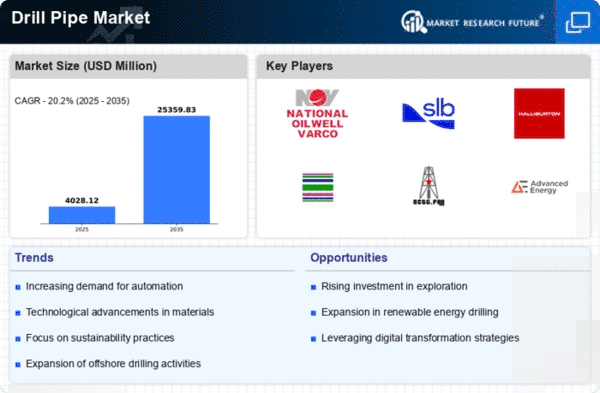
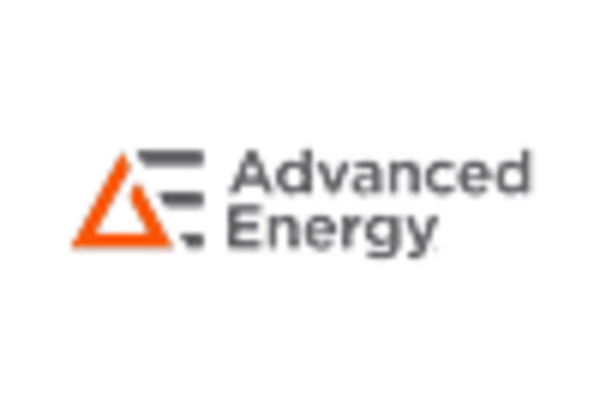
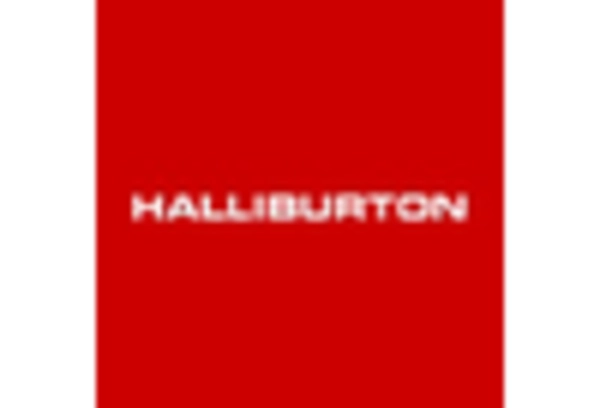
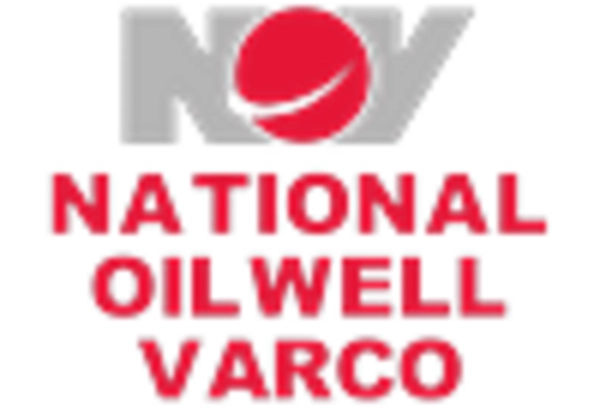
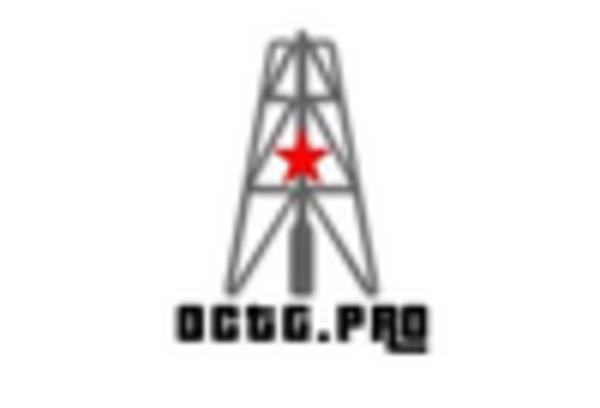
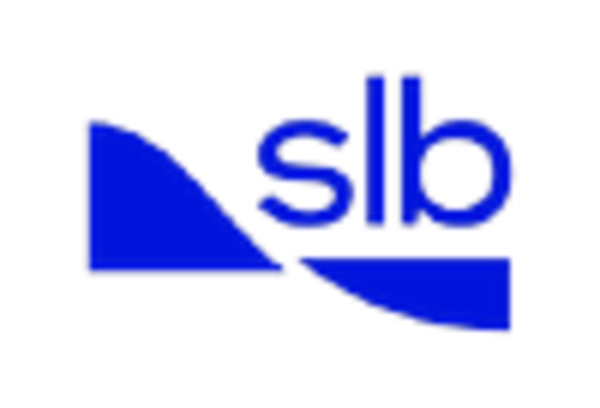










Leave a Comment